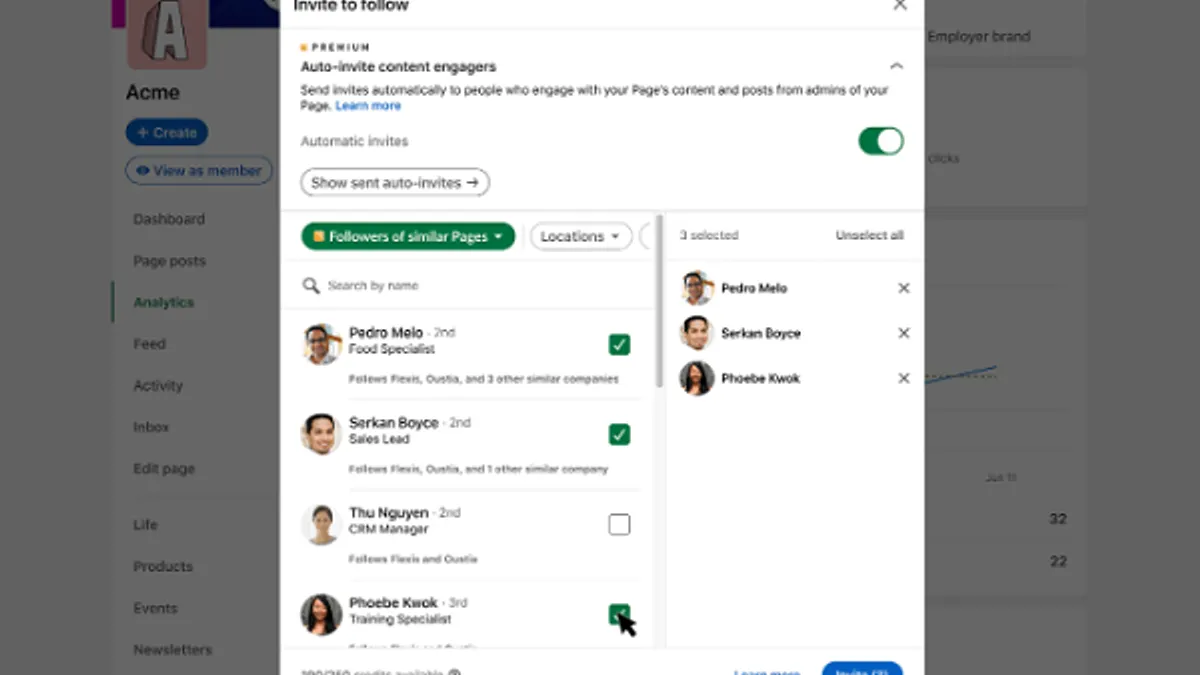Facebook Cracks Down on Spam, Boosts Authentic Content
Facebook (Meta) announced new measures to combat spam and prioritize authentic content on its platform. The company will reduce the reach of accounts sharing spammy content and make them ineligible for monetization. This includes cracking down on accounts that coordinate fake engagement and impersonate others.
Return to "OG Facebook"
This move aligns with CEO Mark Zuckerberg's promise to return to a more authentic Facebook experience. By tackling spam, Facebook aims to restore user feeds to a time when they were primarily filled with genuine content from real people.
Combating the Rise of AI-Generated Spam
The rise of AI-generated spam ("AI slop") across social media is a growing concern. While not explicitly mentioned in Facebook's announcement, it's likely this crackdown will also target such content.
Targeting Spammy Behaviors
Meta acknowledges that some accounts attempt to manipulate the algorithm for increased views and monetization, leading to spam-filled user feeds. The company will target specific spammy behaviors, such as:
- Excessively long captions with numerous hashtags
- Captions unrelated to the accompanying content (e.g., a picture of a dog with a caption about airplanes)
While not always malicious, these tactics overshadow original content from creators.
Addressing Fake Engagement and Impersonation
Facebook is also taking steps to reduce fake engagement. The reach and visibility of comments identified as fake will be reduced. A new feature is being tested that allows users to flag irrelevant or off-topic comments.

Additionally, Facebook is updating its comment management tool to detect and auto-hide comments from suspected fake accounts. Creators will also have the ability to report impersonators in the comments.
Recent Efforts to Improve User Experience
These changes follow the recent introduction of a revamped "Friends" tab, which prioritizes updates from friends without recommended content. Both initiatives demonstrate Facebook's commitment to improving user feeds and showing content people actually want to see.
Reclaiming Cultural Relevance
Facebook's focus on returning to its roots is understandable, especially considering recent reports of internal concerns about the platform's declining cultural relevance. These efforts to combat spam and prioritize authentic content are crucial steps in that direction.








